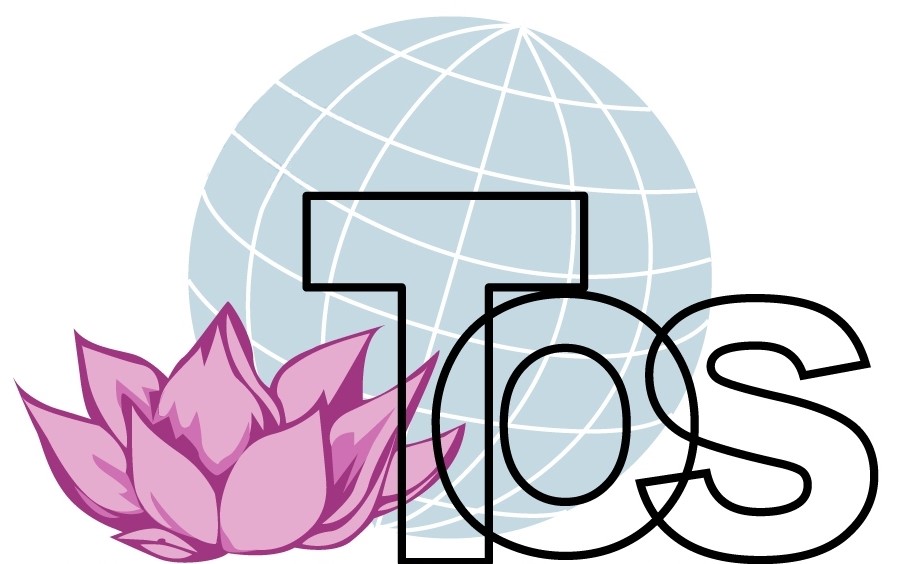Jose Ramos-Horta - A Voice of Reason Momentarily Silenced
General Topics:
 Tuesday, 12 February 2008
Tuesday, 12 February 2008
Jose Ramos-Horta, President of East Timor, was shot twice in the back by rebel soldiers in an attack on his home in Dili in the early hours of Monday, 11February 2008. This article gives details and reviews his life-long service to humanity in the cause of human rights.
The attack was led by the fugitive rebel commander Alfredo Reinado who was killed in the attack. One of Ramos-Horta’s security guards was also killed. Alfredo Reinado had been jailed in 2006 for murder and for inciting bloody clashes based in part on ethnic rivalries among military and police forces. Some 30 people had been killed in the violence at the time, and many fled their homes before an Australian-led international force supported by the UN restored order. In August 2006, Reinado was helped to escape jail and had been hiding in forests while regrouping his supporters. Ramos-Horta has been flown to Darwin, Australia for treatment. The Prime Minister Xanana Gusmao, who had been President before Ramos-Horta, will lead the government while Ramos-Horta is away.
East Timor, historically a Portuguese colony, had been given its independence in 1975 when democratic forces in Portugal had overthrown the Salazar dictatorship. However, Indonesian forces invaded nine days later and annexed the territory to the other half of Timor which is part of Indonesia.
From 1975 to 2000, East Timor was governed with an iron hand by Indonesia. Some 250,000 of East Timor’s 1975 population of 650,000 died as a result of the occupation and famine which followed.
Jose Ramos-Horta, who was 25 at the time, was named Minister of Foreign Affairs for the nine days of independence prior to the Indonesian takeover. Ramos-Horta’s father was Portuguese who had been sent to East Timor as a form of political exile to get him and his democratic ideas out of Portugal. Jose’s
grandfather had also been sent into exile for his political ideas. Thus, coming from a politically active family and relatively educated for the area, he was made Foreign Minister. He left for the UN in New York just as the Indonesian troops crossed the frontier and remained in exile until 1999 when political changes in Indonesia provided an opportunity for East Timor’s independence. During the 1975-1999 period of exile, Jose Ramos-Horta was an eloquent voice for East Timor and for the rights of other oppressed peoples.
I came to know Jose Ramos-Horta well as he would come to Geneva for meetings of the UN Commission on Human Rights and its Sub-Commission. He had to be accredited as a non-governmental organization representative (NGO) in order to participate and to address the Commission. Even after he was awarded the
Nobel Peace Prize along with the Catholic Bishop Carlos Filipe Ximenes, he could only participate in the Commission as an NGO representative. As I am also an NGO representative to the UN in Geneva, we would sit together in the coffee lounge outside the Human Rights meeting room and compare notes. We were
both active in the Geneva-based International Service for Human Rights — a training program for human rights activists.
While in exile, Jose Ramos-Horta had studied international law at the Hague, Netherlands and peace studies at Antioch College in the USA. He was active in a training program at the University of New South Wales in Sydney, Australia. At the time, I was working particularly on human rights in Burma and the possibility of a federal constitution in Burma. A good number of young Burmese activists were trained under Ramos-Horta in this program. He always kept a particular interest in Burma, and when he came to political power in East
Timor, he continued to appeal to the Burmese military for human rights and democracy.
By 1999, there were changes toward less autocratic government in Indonesia. In part, due to international pressure within the UN, Indonesia decided to hold a referendum in September 1999 on the future of East Timor. 79% of the East Timor population voted for independence. The referendum was followed by
highly destructive fighting led by anti-independence militias helped massively by Indonesian military.
In the light of the heavy loss of life and the number of displaced persons, the United Nations decided to act and in 2000 created a UN Transitional Administration for East Timor, led by the Brazilian UN civil servant Sergio Vieira de Mello who led an effective transition team. As both de Mello and Ramos-Horta were young and Portuguese speaking, there was a high level of cooperation between the two. After East Timor, de Mello was named UN High Commissioner for Human Rights before being asked to go to Iraq as the UN representative. There de Mello was killed in a car bomb attack on the UN building.
In May 2002, the UN Transitional Administration was replaced by the independent government taking the name of The Democratic Republic of Timor-Leste. Jose Ramos-Horta was named Foreign Minister. He set out to establish good working relations with Indonesia. During all his years of exile, Ramos-Horta had opposed terrorist attacks against Indonesians and especially against the landless Indonesian farmers who had been transported to East Timor. Ramos-Horta has a strong belief in the power of negotiations and diplomacy. During his years of exile, when groups in other countries, such as Burma, were using violence to press for greater autonomy, Ramos-Horta always stressed a non-violent approach toward his clear aim of independence. Having recently been elected President, he was in a position to be an international voice for the use of diplomacy, negotiations and compromise. That ethnic-based hatreds and struggle for advancement within the police and the military silence such a voice of reason would be especially tragic. We can add our prayers for his recovery.
René Wadlow
